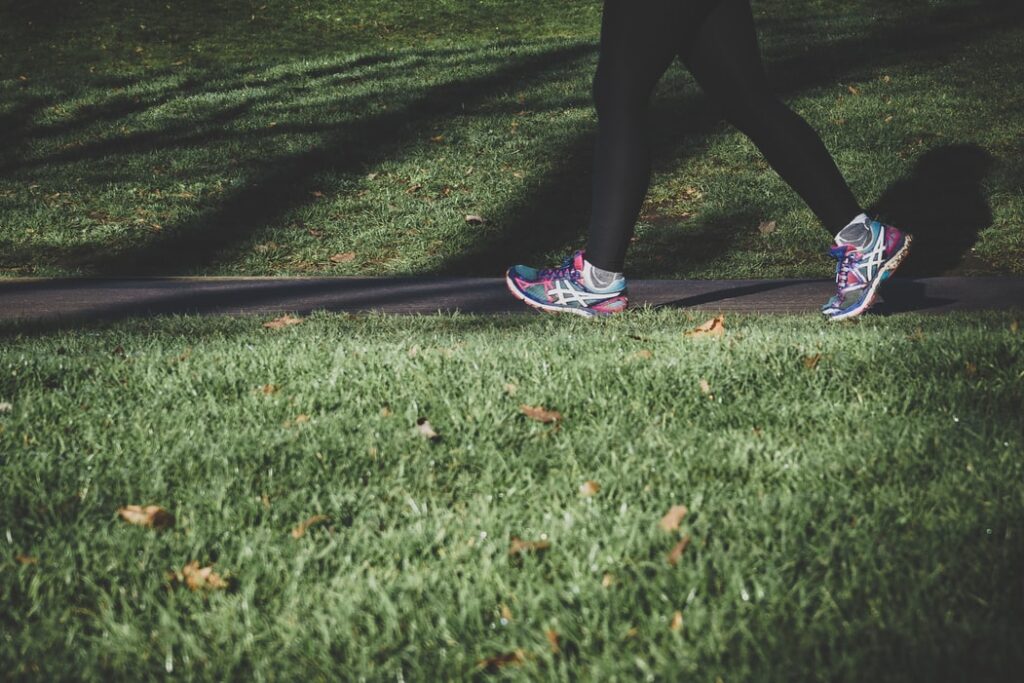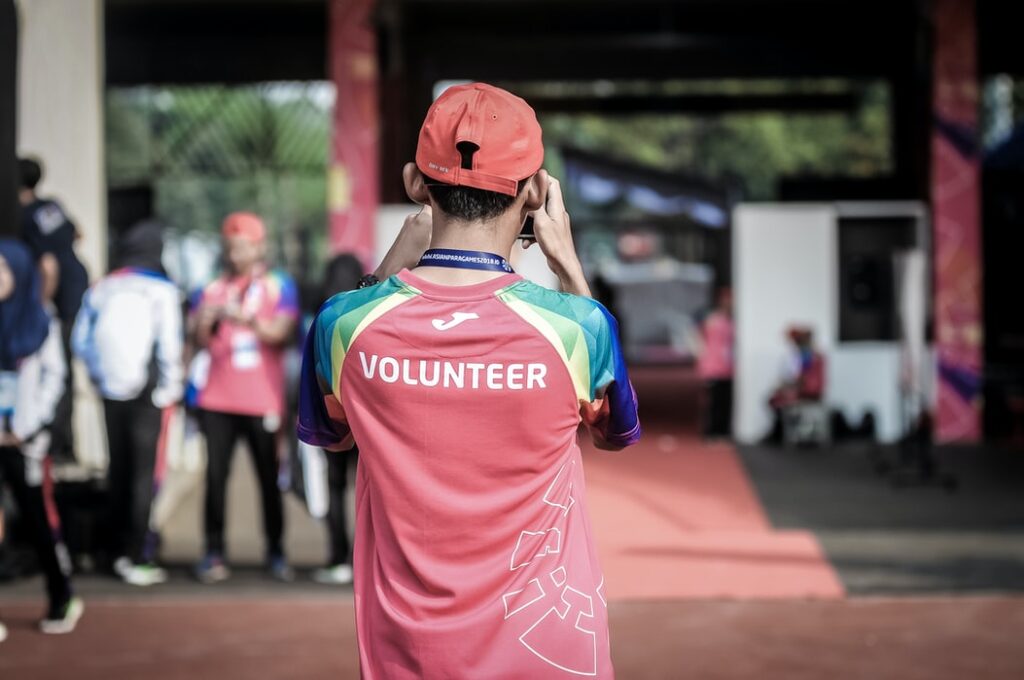As the current situation gets crazier day by day, people are constantly looking for ways to cope with the negativity. Recovering addicts are one of the minorities that are greatly affected, especially for their mental health and well-being.
Undergoing treatment from rehabilitation facilities like UKAT doesn’t just end when you step outside the treatment center. You will also have to face challenges as you drive home and as you go along with your day. To lessen episodes of relapse, it’s essential to come up with ways that will help recovering addicts go through their everyday lives. With that, here’s a list of 10 daily activities to help recovering addicts on their journey to sobriety.
1. Give reminders to yourself
Take a snapshot of anything that made you feel grateful every day and save it in an album.
Whether it’s a gorgeous sunset, a snapshot of a buddy you met for dinner, or a bird you spotted lounging in the park, there’s something for everyone. Finding something to be grateful for on a daily basis can help you see the good in even the worst days and positively affect life. It will also be a fantastic opportunity for you to reflect on your life in the future.
Also, remember why you entered addiction recovery in the first place. Every day, take a minute to reflect on why you’re in addiction recovery in the first place. Why is it so essential to you to get and stay clean? Consider writing down a list that you may put on your mirror or in your wallet and refer to it daily.
2. Go for a walk

Whether you go for a stroll around the neighborhood, go to the gym, or enroll in a dancing class, making time for physical activity is essential. Physical exercise has tremendous healing abilities for the mind, body, and soul, and if you allow it, it will speed up your addiction recovery.
3. Fix your bed
There is a good chance this seems like an absurd, straightforward activity that has nothing to do with healing. Bed-making offers numerous advantages for everyone, not just those in recovery.
A sense of success is the first benefit, giving you a “feel-good” boost all day long. A simple practice like making your bed every morning will encourage you to adopt other good habits, such as putting your dirty clothes in the hamper instead of leaving it loitering on the floor. Because then, you’ll realize how much of a difference it can make to the rest of your day. Plus, it’s far more pleasant to crawl into a clean bed at night than one that’s unkempt.
4. Look for new hobbies

In the past, you probably spent the majority of your energy and time on drugs or alcohol. You should use your spare time now that you’re sober to explore hobbies and other interests. You can avoid relapse by engaging in healthy and enjoyable activities. It enables you to stay out of trouble by keeping yourself occupied and doing activities that make you happy.
So, how do you go about discovering hobbies and activities that you enjoy? Assessing your talents and preferences is the first step. What do you excel at? What do you enjoy doing? But it’s better to try everything that catches your eye since you’ll never know if you like anything unless you try it.
5. Meditate
People in addiction treatment who practice mindfulness meditation have been shown to have a higher probability of achieving long-term sobriety because it gives them the tools to live in the now. Stress and anxiety are reduced when you live in the present moments and let go of worrying and negative thought processes. Simply meditating for 10 to 15 minutes a day can improve your chances of overcoming an addiction.
6. Look for someone to talk to

Spend time with them with anyone that you care about. Even giving them a call would be enough. Have supper with a recovering alcoholic or drug addict. Do all you can to stay in touch with someone who is essential to you on a day-to-day basis. Sharing how your day went and how you’re feeling, in general, will help you avoid burying your feelings, which can lead to unnecessary tension and worry. If they are having a difficult day, it might make you feel good to be someone who can cheer them up.
7. Do something new
Ride your bike and feel the breeze on your face, or work up a sweat in the gym and feel better about your physical condition. Enjoying the environment when riding a bike outside makes you feel like a kid again and provides exercise and an opportunity to relax. If you want to learn new things, you may also enroll in classes.
Community centers and institutions in the area provide excellent courses. Create a 3D game by learning how to cook, draw, play the guitar or sketch. Uncover a new aspect of yourself and learn to appreciate the things you never thought you could accomplish before.
8. Eat right and focus on your wellness

Food is the source of energy for your body. And, just as you would only put the best gasoline in your Maserati, you should only put the best food in your body! Not only will eating well and being hydrated by drinking enough water alleviate tension, but it will also make you feel fantastic from the inside out, ready to take on each day!
Substance addiction may harm both the mind and the body. Those who abuse alcohol or drugs are more likely to have nutritional deficiencies. Addiction can result in severe lifestyle changes, such as poor eating habits and irregular meal times. Addiction can also lead to digestive issues, making it difficult to remain hydrated and eat appropriately.
Nausea and vomiting are common symptoms of opioid withdrawal, which happens when someone stops using opioids abruptly. Excessive vomiting can cause dehydration and electrolyte imbalances.
The importance of nutrition to your overall health cannot be understated. The meals you consume have an impact on how you feel, both emotionally and physically. Appropriate diet aids the body’s ability to fight illness while also providing energy for everyday duties. So, while you’re recovering from substance abuse or addiction, paying attention to your diet is critical.
9. Create a highly structured schedule
To recuperate, it is necessary to have a solid structure in place. You likely had a very disciplined day in rehab. As soon as you depart from the treatment facility, you must establish a regular regimen and stick to it. When you manage your time well, it can help you be more accountable and complete your duties, which will help you avoid relapsing into substance addiction or placing yourself in circumstances that would trigger you.
10. Volunteer at a shelter

Whether it’s for the homeless, children, or animals, something wonderful happens when you can care for others. Volunteering at a shelter makes you feel good about yourself and reminds you of how peaceful life is without drugs or alcohol. You can also go back to your rehab facility and volunteer to help addicts who are still on the stage of healing. Give them a speech on how you managed to get rid of your addiction and encourage them to do the same.
That’s all there is to it! These suggestions, I feel, are sufficient to provide you with ideas for how to live your everyday life while still in recovery. Some of these suggestions are long-term, so they should keep you occupied for quite some time. Keep in mind that the devil’s workshop is an idle mind, so keep yourself busy to avoid relapsing to your old bad habits.




